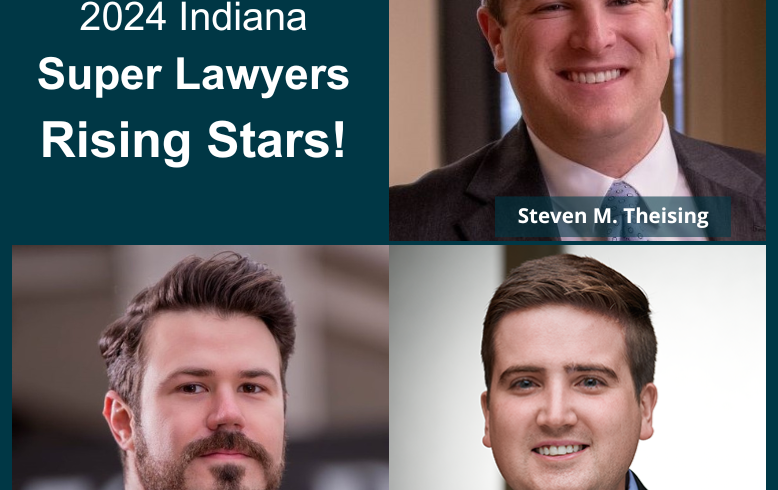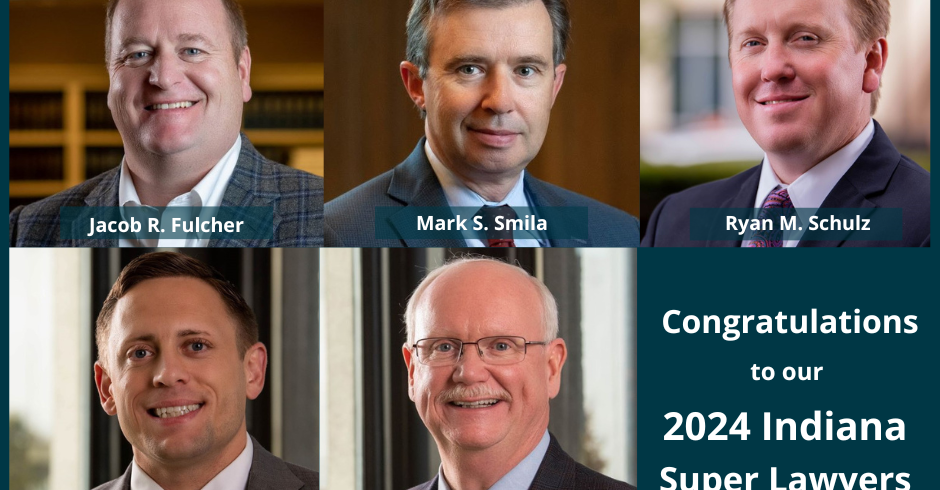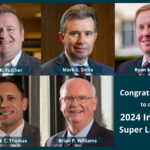Today, the Indiana Supreme Court traveled to Evansville, Indiana, to hear oral arguments on whether a juvenile can be questioned by police at school without receiving the Miranda warnings. The answer depends on whether the juvenile is being questioned by police in a “custodial interrogation,” meaning whether the juvenile is in police custody. If so, the juvenile has the constitutional right to be advised he or she may remain silent and talk with a lawyer before answering any questions. Additionally, the juvenile has the right to have his or her parents be notified and receive the same advisement.
The question in the case heard today turns on whether the facts amounted to the juvenile being in police custody. A uniformed officer removed a 13-year-old boy from the school bus and escorted him to the assistant principal’s office, where the assistant principal questioned him for at least 15 minutes. His parents were not called.
During this time the juvenile gave a handwriting sample at a police officer’s direction. There were a total of three uniformed police officers in the room during the juvenile’s questioning. The officers made remarks such as “tell the truth” during the questioning, but the officers did not ask the questions. The juvenile ultimately cried and agreed that he committed the acts he was accused of. He was subsequently charged with crimes.
Does this scenario amount to the juvenile being “in police custody?” If so, the juvenile was entitled to be “Mirandized.” In other words, the juvenile should have had his parents present and both the juvenile and his parents should have been advised of his rights to remain silent and talk to a lawyer.
Stay tuned, the Supreme Court will issue a ruling on this case later this year and we will share the results.
For additional information, please contact Maria L. Bulkley at mbulkley@KDDK.com or (812) 423-3183.
About the Author

Maria L. Bulkley, a Partner at Kahn, Dees, Donovan & Kahn, LLP, in Evansville, Indiana, practices in the areas of business law, real estate development, land use planning, mediation and family law. She assists clients with the local government processes connected with land use and real estate development and negotiates encroachment agreements, easement agreements, economic development incentives, and other agreements essential to real estate development. Maria represents individuals and businesses in real estate takings cases. She serves as a mediator for domestic relations and general civil matters, and is trained and experienced in Collaborative Family Practice. In addition, Maria represents clients in family law matters with an emphasis on dissolutions of marriage involving complex marital estates.






